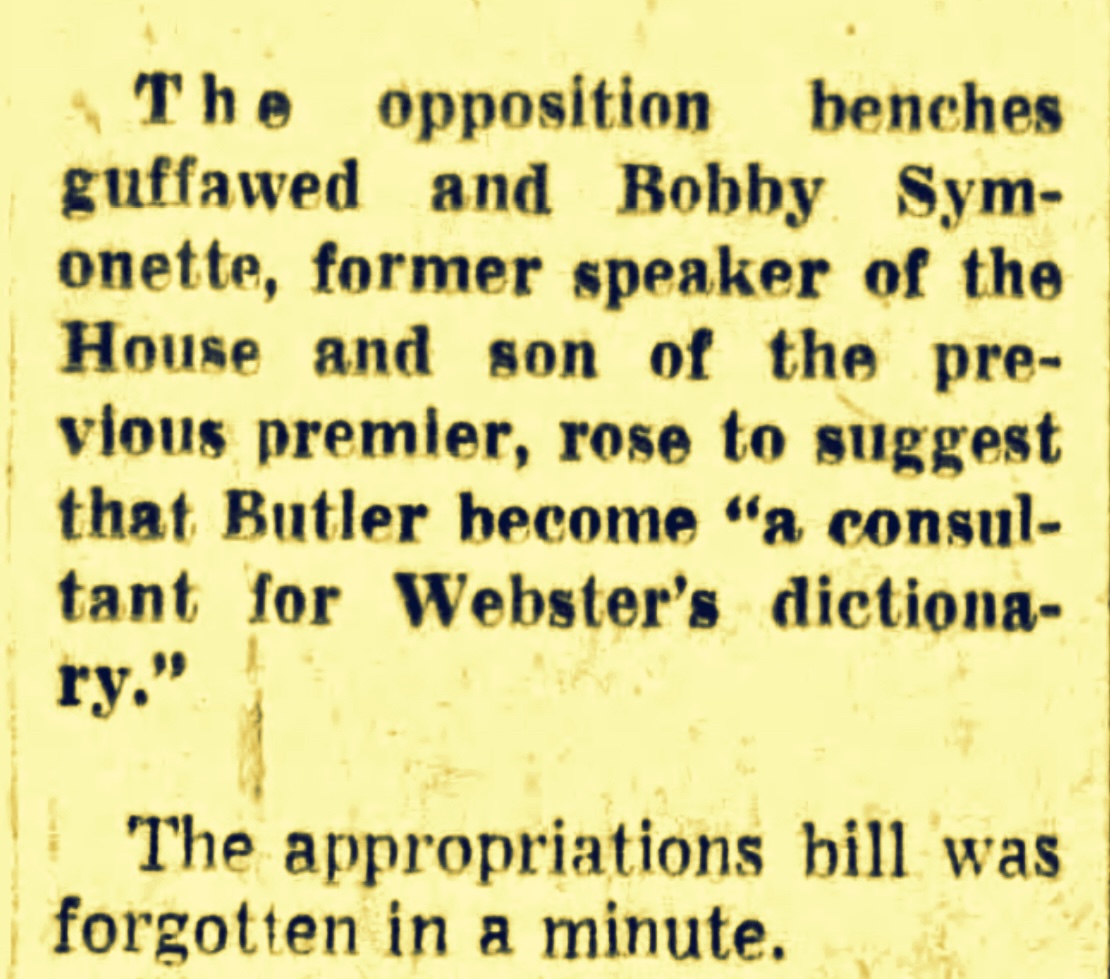
In December 2014, just over one hundred years since World War I began, and ninety-six years since it had ended, British Chancellor George Osborne announced that it was the Treasury’s intention to finally pay off the UK’s remaining debt from World War One.
The government was to repay the outstanding £1.9bn of debt from a 3.5% World War One Loan on 9 March 2015.
Government to pay off WW1 debt BBC NEWS
Britain had borrowed heavily from the U.S. during World War I. As early as 1922, then Secretary of Commerce Herbert Hoover dismissed any idea Britain might have had on America generously cancelling the war debt.


(St. Louis Post Dispatch, Tuesday 17 October, 1922)
By 1938, some twenty years after the Great War had ended, vast amounts of money still remained outstanding to an impatient America.
With the Wall Street Crash of October 29, 1929, taking a devastating toll on the United States economy, it’s government was eager to start collecting any outstanding amounts due to them.
First on the agenda were the largest debts – the war debts.
American Senators and Congressmen were furious to learn that Britain’s war debt to America was not only still outstanding as the new year of 1930 rolled in, but since granted, was only sporadically being serviced.
As the effects of the 1929 Wall Street Crash spread across American and European markets, by 1931, now President Herbert Hoover announced a one-year moratorium on war loan repayments from all nations, due to the global economic crisis. But the debate over the taking of the islands continued.



(The Kokomo Tribune, Saturday January 23, 1932)
As 1934 rolled in, Britain still owed the US $4.4bn of World War I debt (about £866m at 1934 exchange rates). However, Europe was now facing a new threat from important social changes that were happening in Germany. Britain’s attention was focused on this and not its foreign debts.
By 1938, there were open calls by influential men in Washington that the Bahamas be used to settle Britain’s World War One debt.

As America watched the rise of Hitler and Nazi Germany as well as the early fall of France during World War II, the speculation turned to a serious discussion over the cessation of the Bahamas to its neighbour, the United States of America. Where first there was talk of a sale, now the discussion was on handing over.
THE BAHAMAS
Suggested Cessation Instead of War Debts
The suggestion that Great Britain should hand over the Bahama Islands to the U.S. if she does not pay her war debt has been made by an American senator, reports Reuters from Washington.
“Great Britain has no business owning many islands in the Bahamas, several of which are only 50 miles off the Florida coast,” said Senator W. H. Smathers Democrat, of New Jersey in an interview after visiting Nassau for a honeymoon trip.
“I got a bad taste in my mouth when I saw them and realised they were a British possession,” he added. “They are making plenty of money from American tourists and not paying us back our war debts.”

(The Northern Daily Mail, England, Monday March 7, 1938)
By 1940, another war was raging in Europe. More war debt would undoubtedly be added to what was already outstanding. The Duke of Windsor, was about to make his appearance in the Bahamas as the new Governor, but talk was rife over the possible cessation of the islands.
If Britain lost the war to Hitler, the Bahamas would, as many speculated at the time, be on the ‘In Lieu of Cash’ sale block.








